The collapsed spy trial scandal has exposed the depth of the China problem for Britain and its governing classes.
The Beijing Communist regime is considered one of the most dangerous threats to the UK and western allies, sitting at the heart of a new “axis of evil” with Russia and Iran.
But at the same time it represents a tantalising pot of gold for the British and other western governments to dip into to fund their debt-laden economies and pay for much needed infrastructure.
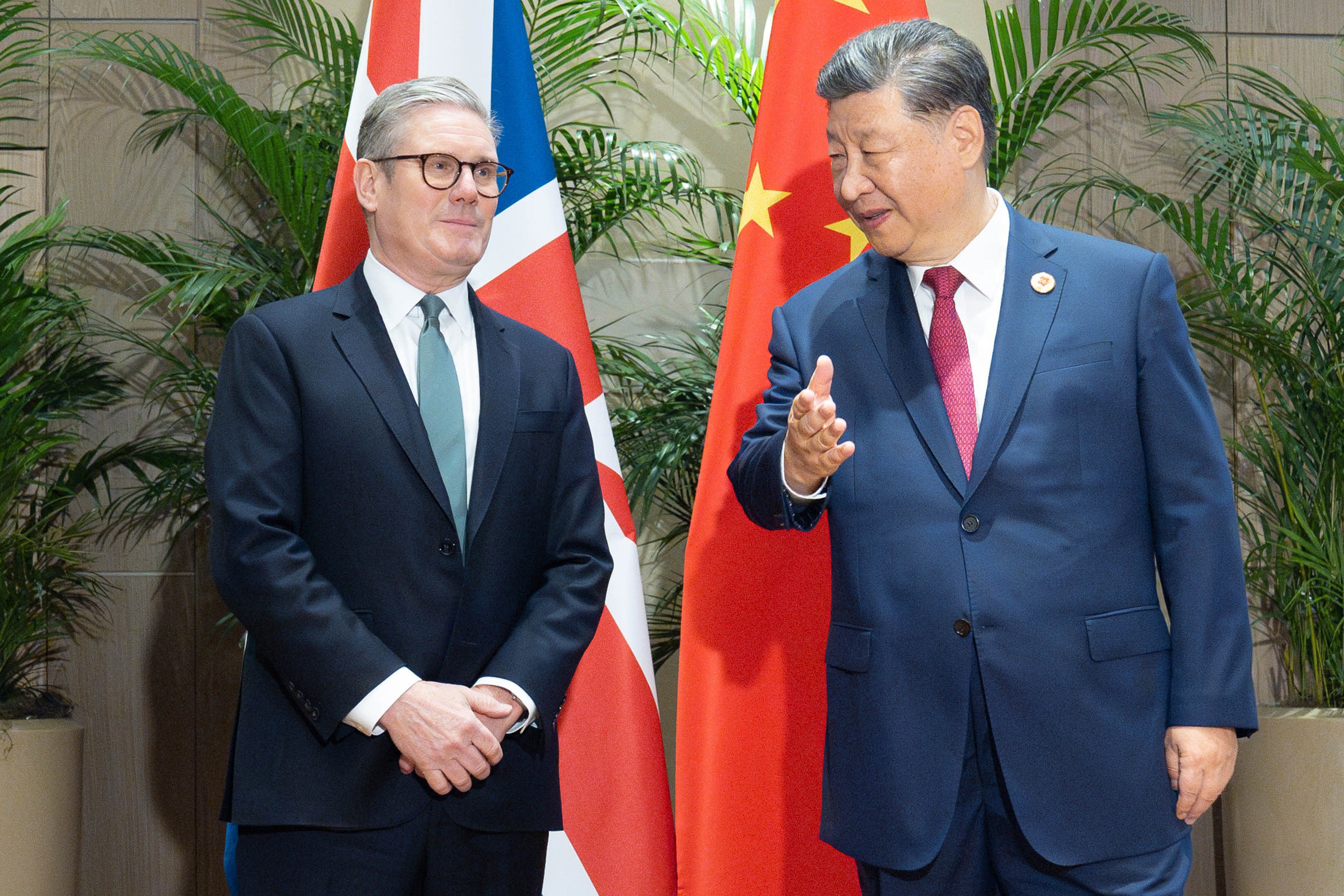
The spy trial scandal has lifted the lid on the alleged close links to Beijing of key figures in this and the previous government.
It has played out against a backdrop of continued concerns over the treatment of political prisoners in Hong Kong, the operation of illegal Chinese courts in the UK.
The spy trial controversy explained
The prosecution of Christopher Cash, 30, a former parliamentary researcher, and Christopher Berry, 33, a teacher, collapsed last month amid allegations from the Crown Prosecution Service (CPS) that the government refused to provide the evidence required to go ahead with the trial.
Sir Keir Starmer’s defence was that the problem was that the previous Tory government under Rishi Sunak had not put the right laws in place for there to be a trial because China had not been properly designated as a national security threat.
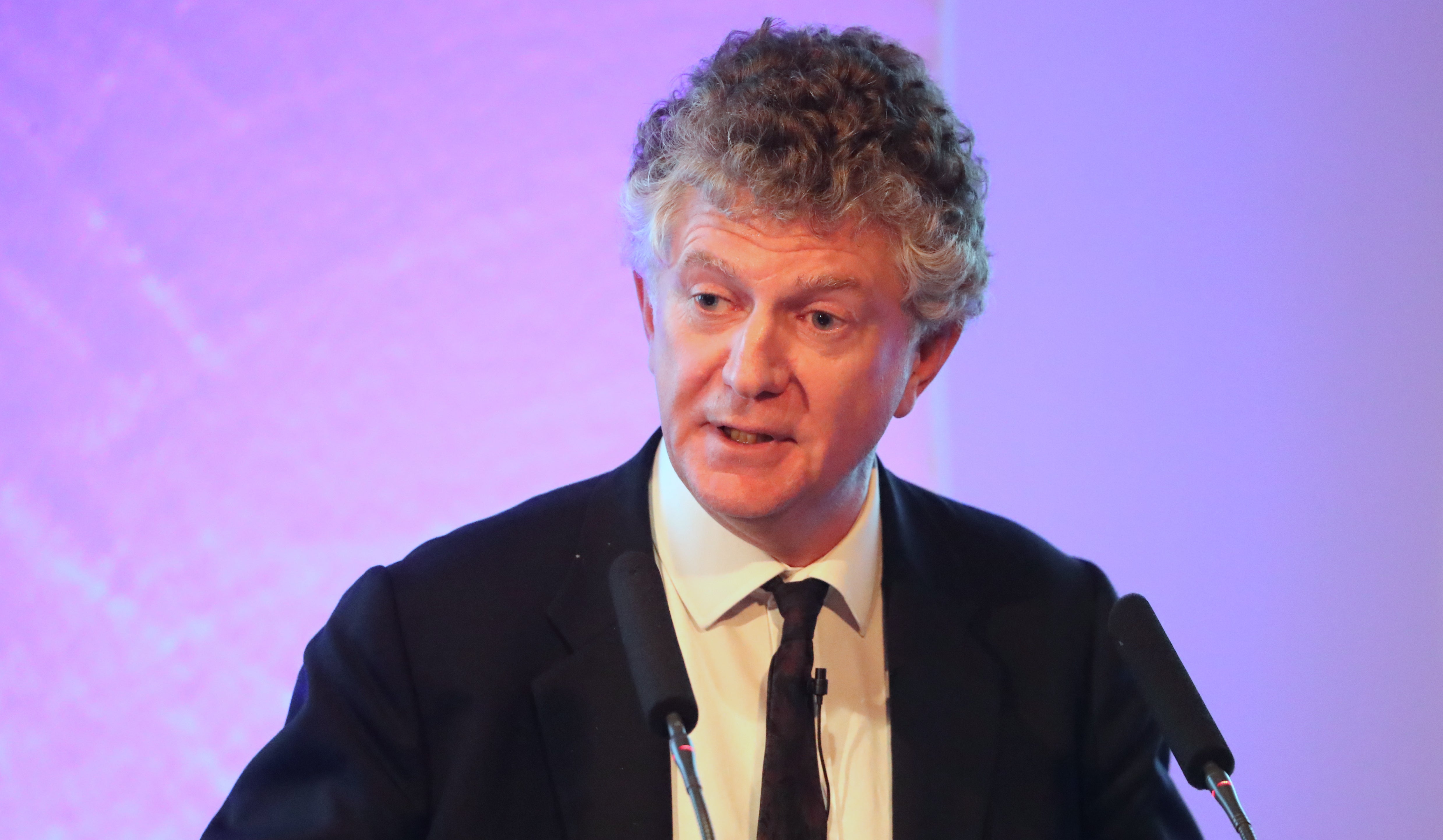
The Sunday Times reported that the Treasury and national security adviser Jonathan Powell had pushed for the case to be withdrawn, for fear it could prompt economic giant China to withdraw investment in the UK.
Downing Street has robustly denied suggestions that officials or ministers had taken any such approach.
The Chinese super embassy
All this is playing out on the eve of a decision on whether China will get permission to build its super embassy at the Royal Mint Court site in London.
The suspicion is that Labour will give permission despite the protests against it, serious security concerns about it being used for spying and ongoing issues about Chinese operations in the UK.
If it goes ahead, many will be quick to link the spy trial issue with that of the new embassy with the current government looking like the desire for China trade is trumping everything else.
Is Labour too close to Beijing?
The trial has again lifted the lid on links to the Beijing regime with Sir Keir’s government.
But his former ambassador to the US, Lord Mandelson, and his current national security adviser, Mr Powell, have had close ties on a business level with China.

It does not end there though. A key adviser to Sir Keir in opposition, Professor Thom Brooks of Durham University, was a freelance commentator for the Chinese propaganda channel CGTN. It had its licence withdrawn by Ofcom in 2021 over serious concerns about its activities.
Meanwhile, this is far from the first spy controversy. Labour MP Barry Gardiner received £500,000 in donations from a Chinese agent Christine Lee and gave her access to parliament.
Are the Tories to blame?
Labour has pointed out that the issues with the trial in fact dated back to the previous Tory government under Rishi Sunak and its policy.
In fact, arguably Labour has just continued the policy articulated by Sir James Cleverly when he was foreign secretary.
He said: “It is an important country, it’s a large country, an influential country and a complicated country, and therefore our relationship with China will necessarily be just as complicated and sophisticated.
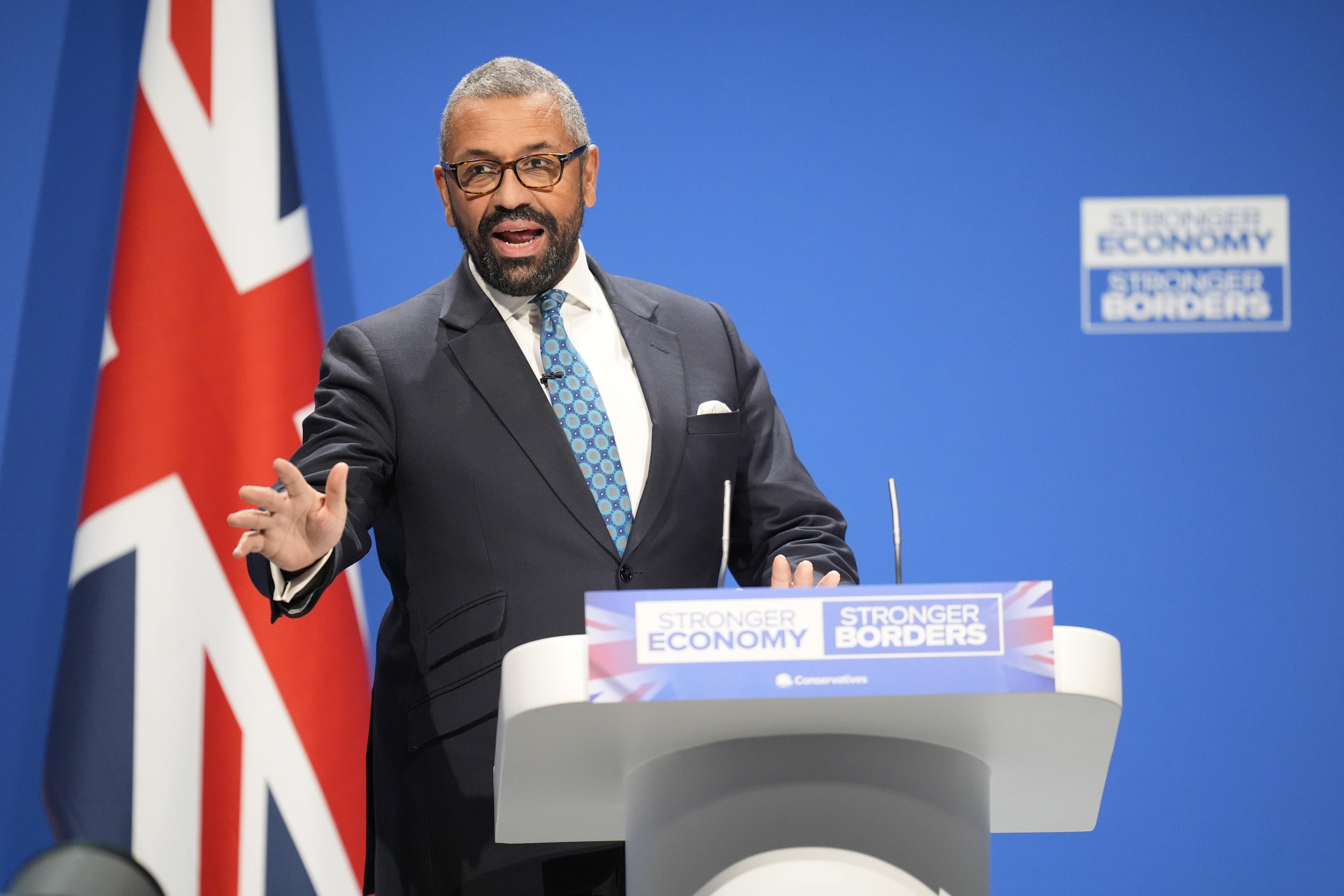
“We are clear-eyed about the areas where we have fundamental disagreements with China and we raise those issues when we meet. But I think it’s important to also recognise that we have to have a pragmatic, sensible working relationship with China because of the issues that affect us all around the globe.”
Starmer himself also questioned the suitability of Cleverly’s successor, Lord Cameron, as foreign secretary because of his business links with China.
The end of the ‘golden era’?
The problem is that the UK has not been able to find a sweet spot between friend and enemy over its relationship with Beijing.
The Blair, Brown and Cameron governments turned a blind eye while British universities like Imperial College, Durham and Oxford courted China for funding, in doing so accepting massive influence from Beijing. In fact, Cameron’s drive to increase trade ties with China while he was prime minister has since been dubbed a "golden era".
The failure to tackle the way China stole international copyright has been a problem.
Then there was the attempt by the Cameron and Theresa May governments to allow China – through Huawei – to build the UK’s 5G network and to be involved in building UK nuclear reactor capability.
The Huawei deal collapsed largely thanks to the actions of former defence secretary Sir Gavin Williamson but only after a huge row in cabinet.
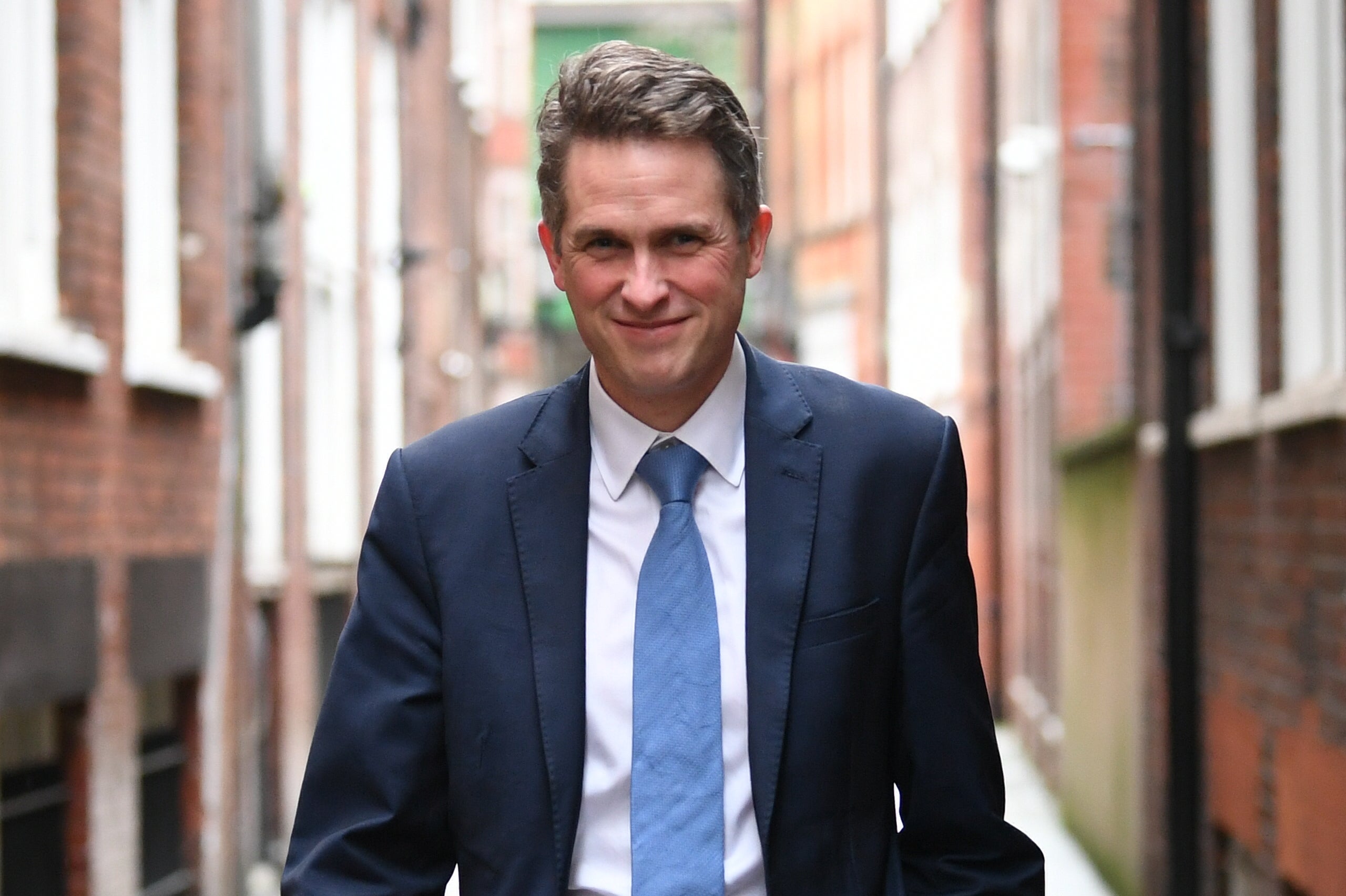
The argument though has always been that Chinese investment is crucial to allow projects to go forward and cooperation with China is vital to tackle issues like climate change.
All the time leading figures like Sir Iain Duncan Smith and former security minister Tom Tugendhat have been flagging up warnings about China’s ambitions and agenda.
To their disgust, the UK government has only voiced concerns about the treatment of Chinese dissidents especially in Hong Kong. This included the detention of British citizen Jimmy Lai.
The world has turned a blind eye to the desperate plight of the Uyghurs in internment camps, subject to sterilisation programmes and forced medical experiments.
And the economic threat posed by China was underlined when Starmer had to effectively nationalise British Steel after a Chinese company was accused of trying to close down the plant in Scunthorpe.
Britain and the west under siege
But whatever the pros and cons of Chinese engagement, there is no doubt that the UK and the west are under siege.
A senior Whitehall source told The Independent: “We are at war but our governments past and present do not want to acknowledge it.”
Earlier this year the UK’s National Cyber Security Centre joined security bodies from more than a dozen countries in warning that organisations in crucial sectors should “proactively hunt” for activity by Chinese hackers and patch up weaknesses.
Meanwhile, Beijing is underpinning Russia’s war in Ukraine and quietly supportive of Iran’s efforts to spread international terrorism.
A report by the Intelligence and Security Committee outlined very serious concerns indeed which have existential issues for the west. Yet it is understood that it is just gathering dust in Whitehall and not being acted upon.
There is little doubt, according to sources on both sides of the Atlantic, that US worries about Chinese influence in the UK are harming security relations and information sharing. It is why Mandelson’s credentials were almost rejected by Trump when he was proposed as the UK’s ambassador to Washington DC.
Sources have told The Independent that “the China issue is coming to a head” in Britain. A choice needs to be made soon, but the question may be whether the UK – with its stagnant economy and high debt payments can afford outright hostility – with Beijing.

.jpeg)



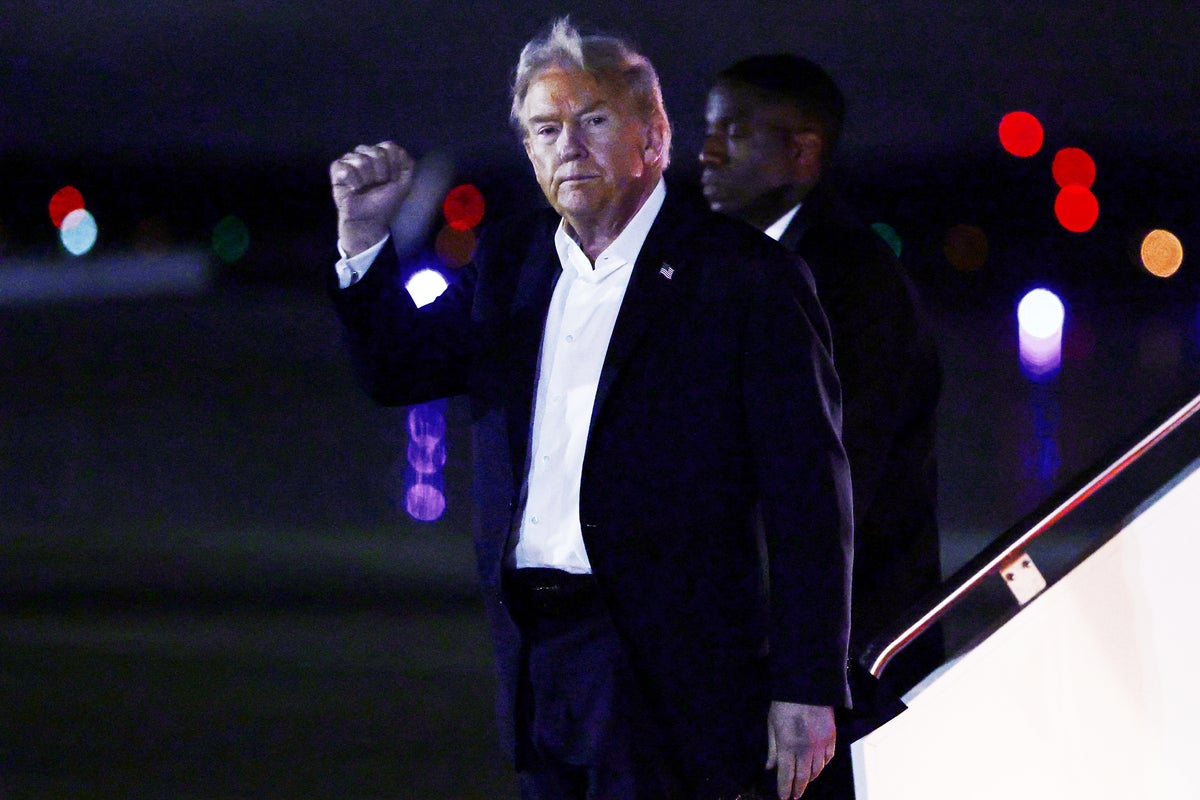


















.jpeg)













 English (US) ·
English (US) ·